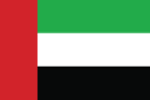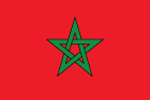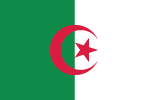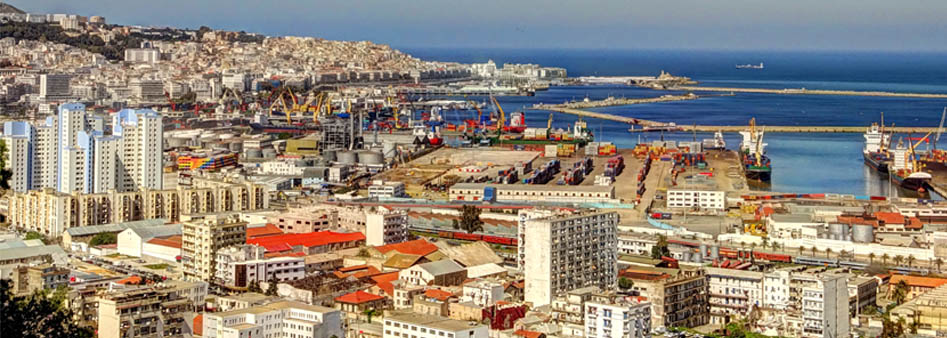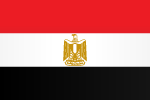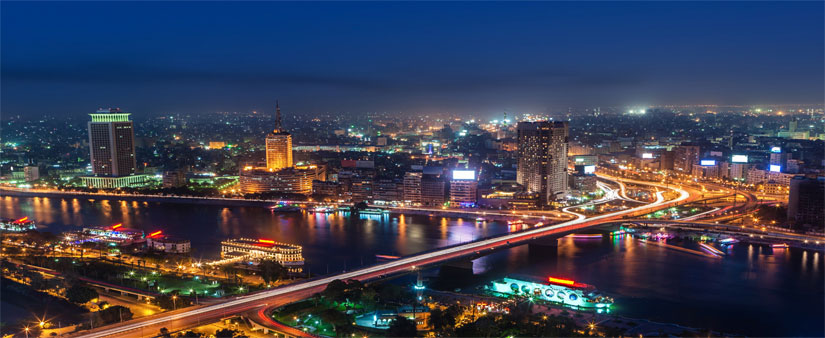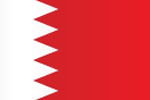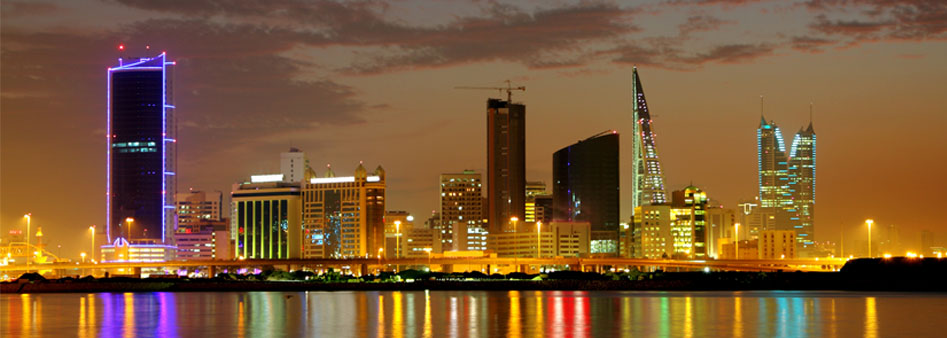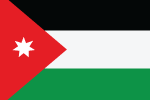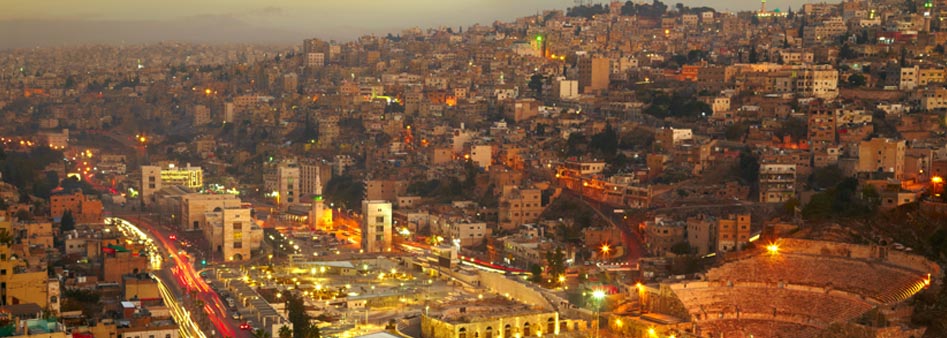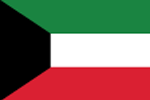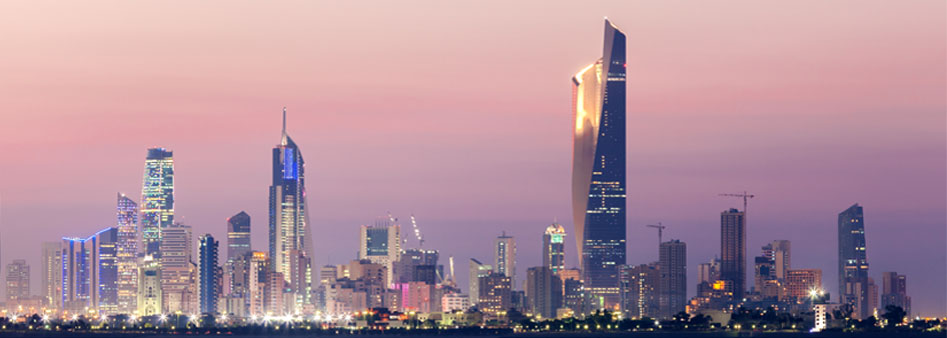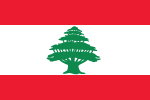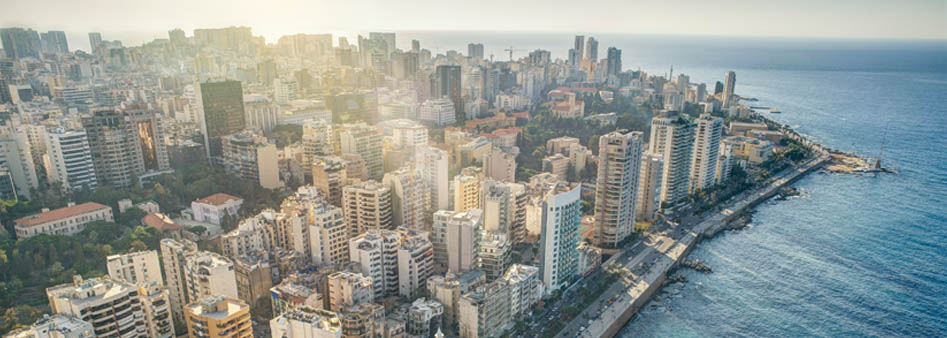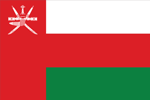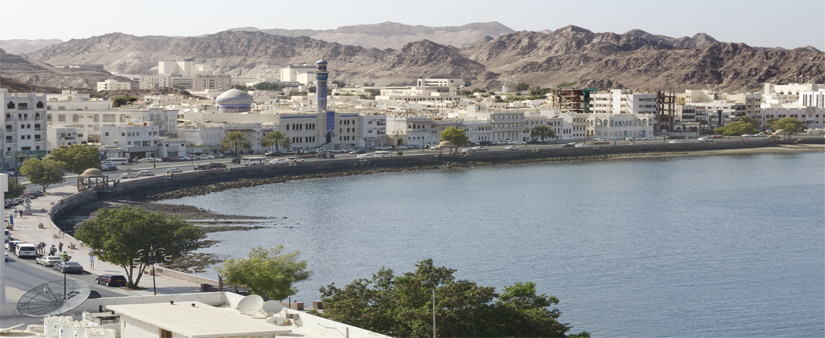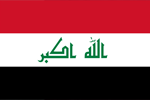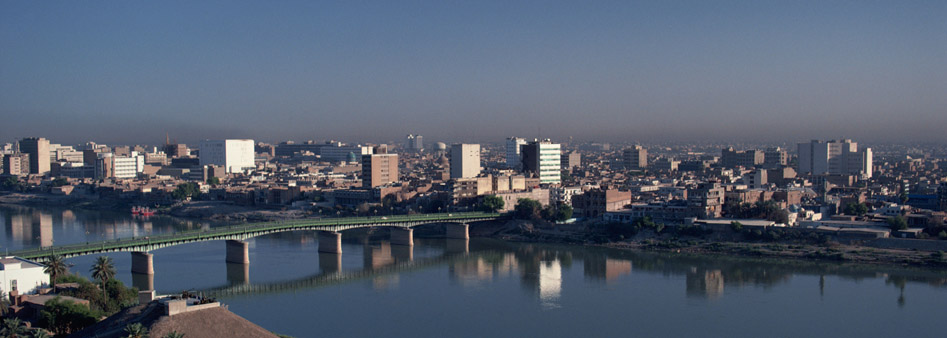United Arab Emirates
The seven Emirates that constitute the UAE have both extensive natural resources and strong financial sectors, contributing to a large annual GDP, helped by a government vision to create a pro-business environment contributing to sustainable development of the country and a regulatory environment, foreign trade and investment policies to support this. Dubai is a city of both commerce and tourism with plans to become a cultural hub in the region and also a ‘smart city’ through extensive digital connectivity.
In 2013, the Emirate of Dubai won the right to host the first of the World Expo in the Middle East. Keeping with the entrepreneurial and pioneering spirit of the UAE, the theme of Expo 2020 is “Connecting Minds, Creating the Future”, and the event is expected to generate significant economic benefit across the region.
The 2019 World Bank report on the ‘Ease of Doing Business’ ranks the UAE first across Arab countries, and 11 th place overall among the 241 countries ranked.
Abdul Latif Jameel International is based in the Emirate of Dubai in the UAE, and coordinates businesses in a number of international markets.
